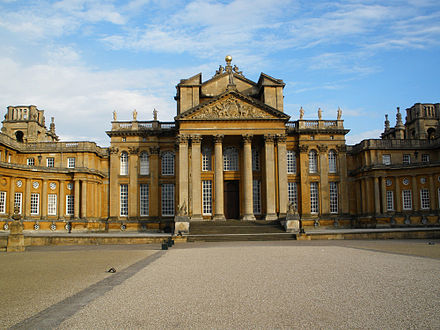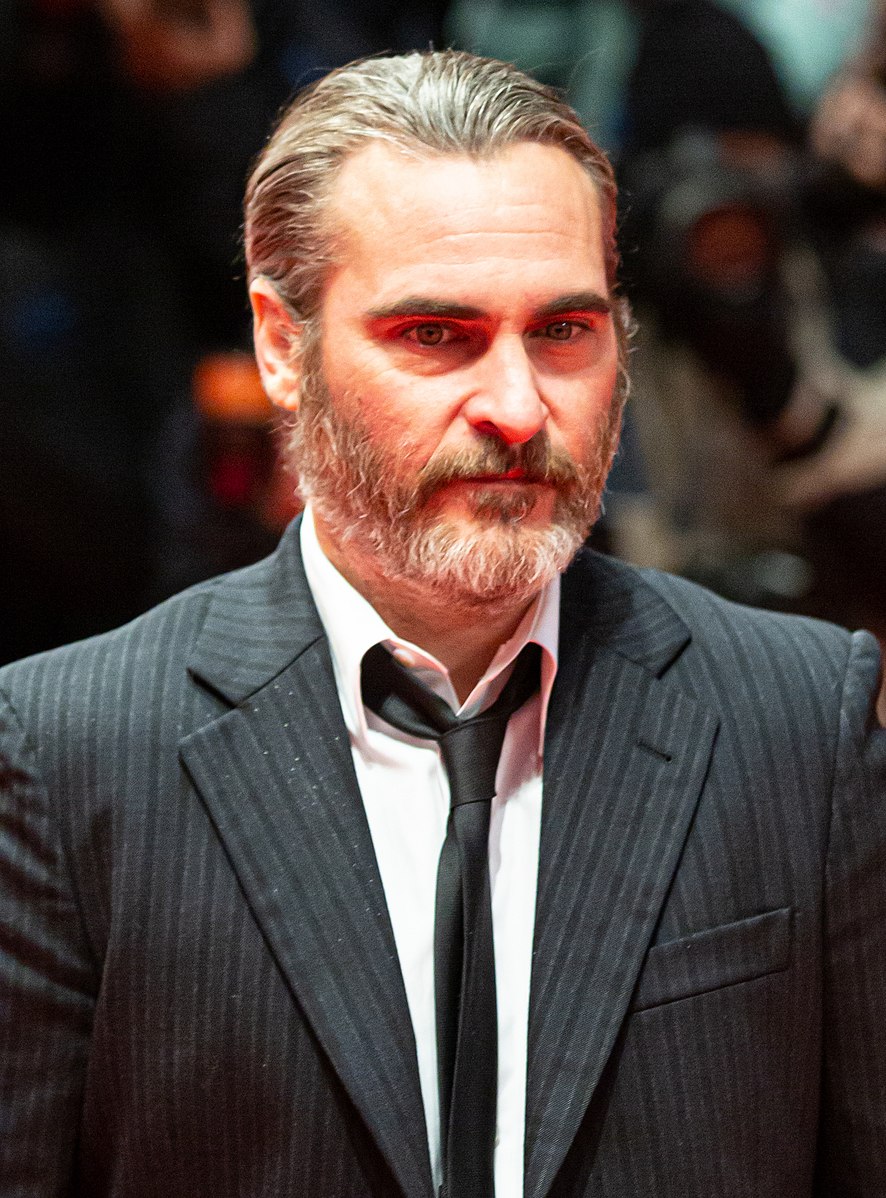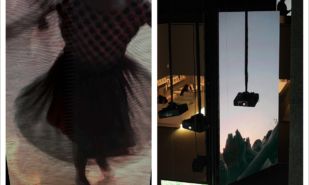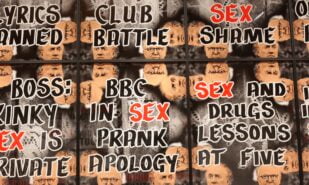You might have already seen Scott’s latest film – ‘Napoleon’ starring Joaquin Phoenix and Vanessa Kirby, among other quite stellar performances from famous actors. Or you might have not and are planning to do it, while reading all those mixed reviews. It is quite alarming to read that the French critics mostly didn’t like it, while the film was pompously premiered at the concert hall Salle Pleyel in Paris on November 14, 2023. On November 22 it was released in the USA, the UK and worldwide, and it being a joint production by Columbia Pictures and Apple Original Films, at some point it will be available to stream online at Apple+ platform. So, yes, if we draw parallels between the historical figure and the film about him, Ridley Scott’s Napoleon troops around the world, and seems to have uneven chances of winning the battle. But do we recommend seeing it? Yes, we do, because if you manage to separate its drawbacks from its strong features, and will not let some of its weaker points overshadow its achievements, you’ll actually be able to enjoy it. At certain moments.
Does Ridley Scott’s ‘Napoleon’ stand the chance of winning the recognition battle?
| Author | |
|---|---|
| Category | Columnists, Culture, Town |
| Date | December 9 2023 |
| Reading Time | 4 min. |
Does Ridley Scott’s ‘Napoleon’ stand the chance of winning the recognition battle?
The film should be given its due – it is indeed a visually stunning film that brings (or promises to bring) you to places – Toulon, Paris, Egypt, Austerlitz in what was then the Austrian Empire, Borodino, Moscow, Waterloo, islands of Elba and St Helena. You could watch it only for those scenes. Scott’s long-term collaborator, Polish cinematographer Dariusz Wolski, has done an exquisite job of making places look at least roughly similar to scripted places or battle sites. If we don’t succeed in recognizing them – and why should we, when they were shot in England and Malta instead of France, Austria or Russia or British Overseas Territory – the years and sites are indicated in surtitles as the film moves on. These subtitles should refer us to historical locations and events that changed the history of the world, so our belief in their trustworthiness is sort of crucial here. But this is where Scott and his crew thought the better of historical accuracy, and have been accused by many critics of artistic licence and history distortions ever since. And all actors speaking English and the glaring almost non-existence of any French, Russian, German or Austrian actors doesn’t help. It is French history as seen by Americans and English, and I can see why French critics were baffled and annoyed by it.
Ridley Scott loves shooting history – he has successfully done in Gladiator (2000), Kingdom of Heaven (2005), Robin Hood (2010) and Exodus: Gods and Kings (2014). But while ancient Rome, Jerusalem and Memphis may be good subjects for telling a story with the historical background, and we will believe in the proceedings if it provides at least an impression of historical accuracy, with the life of Napoleon Bonaparte it becomes more complicated. May be it might seem unobvious for Ridley Scott and his team, but many of us consider ourselves specialists on Napoleon’s history – we have all read the intricately plotted and well-researched Tolstoy’s War and Peace (1868-1869), we have watched Sergei Bondarchuk’s epic (1965) and listened to Prokofiev’s opera War and Peace (it was premiered in 1946, and has been recently staged at Bayerische Staatsoper in Munich, with Dmitry Tcherniakov directing and Vladimir Jurowsky conducting the production). We also might have read or at least skimmed other biographies – for instance, Andrew Roberts’excelent and robust Napoleon: A Life (2015), winner of the Fondation Napoleon prize and a New York Times bestseller. Noteworthy, the historian Andrew Roberts travelled to fifty-three of Napoleon’s sixty battle sites, discovered crucial new documents in archives, and even made the long trip by boat to St. Helena.

Ridley Scott and his film obviously haven’t done anything even closely similar. Instead of France, Napoleon was filmed in England and Malta. ‘There is enough ‘neoclassical architecture in England to make it possible,’ commented Arthur Max, the film’s production designer, ‘probably because a lot of the design that comes out of France and England is based on Italian classic Palladian architecture.’ Considering the Covid-era filming conditions, staying in the UK could have had some practical benefits, but why should we immediately be captivated with Boughton Manor in Northamptonshire (used as Napoleon’s chateau) when we are watching a film about a French historical figure? Why would we be taken in by Bourne Wood in Surrey as Austerlitz, Hankley Common in Surrey as Russian fields that faced Napoleon’s retreat, and Churn Farm in Oxfordshire as the site for Waterloo battle? Ok, Sergei Bondarchuk also didn’t film at real historical sites, but somehow the historical essence of the events was there, or something else captivated us and made us believe in the storyline, while with Scott’s film we might get bored with all those shots and falling horses, and soldiers shooting, while at the same time we acknowledge the effort, the scope, the beauty.
The best thing in this film is actually the romantic plot which, it seems, was most close to the heart of the film’s screenwriter, the Californian David Scarpa. Every minute of Napoleon’s passionate love story with Joséphine is touching, and there is more dramatism in this story than in Bonaparte’s European conquests or the Directory’s reign or further crowning of Napoleon as emperor (by the way, this scene is visually ‘stolen from the famous painting The Coronation of Napoleon by Jacque-Louis David) There is a very-well built dynamic arc in their developing relationship where distanced curiosity gives way to passion and submission, then to jealousy and adultery, than to mutual accusations, then to divorce and warm friendship that only in the end becomes an awareness of the endless love towards each other. The beloved ex-wife (whom, if we are to believe the script) Napoleon divorces because of her childness, even speaks to our hero from beyond the grave and calls him to her side when he idles away his last days, writing memoirs at St Helena.

The chemistry is obvious between Vanessa Kirby, a fine English actress who has many excellent roles both in theatre and film, including playing Princess Margaret in The Crown (Season 2) and Joaquin Phoenix whom we may remember as Johnny Cash from Walk the Line (2005) and Oscar-winning title role in Joker (2019). Although those continuous erotic whisperings of the full name ‘Napoleon’ sound slightly off the truthful side, all their episodes, including sexual innuendos and lusty frivolities are very enjoyable to watch. Both actors manage to create personas for their characters where you briefly forget that it is only Ridley Scott’s distorted historical epic and begin to sincerely empathise with the pair. Sinéad Cusack is also very appealing as Napoleon’s matriarchal mother, while you may also be pleased to see a plethora of the actors you know in episodic roles. Ben Miles plays Bonaparte’s advisor Caulaincourt, Rupert Everett portrays Duke of Wellington, and Paul Rhys plays Talleyrand, with Ludivine Saigner as Madame Tallien (an exception to no-French-presence rule here) and Catherine Walker as the beheaded (you’ll see it in all its gory) Marie-Antoinette also making an unforgettable screen appearance. And now, after watching ‘Napoleon’ for almost three hours, why don’t we engross ourselves in a Napoleon’s biography to know what really happened then? The interest in the life of Bonaparte enticed by Ridley Scott’s epic, however artificial its Moscow Kremlin might look, might be, after all, beneficial for viewers of all ages.




